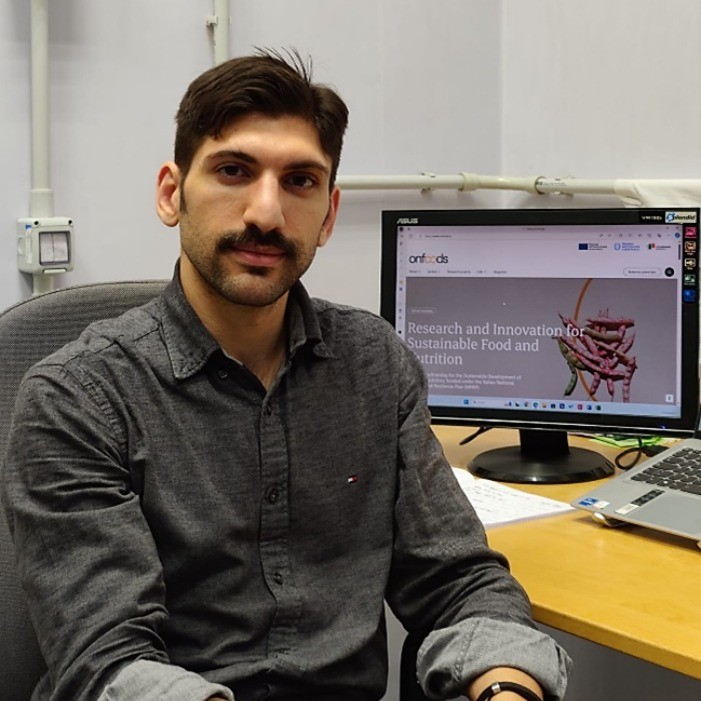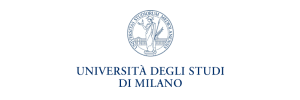Funded under the National Recovery and Resilience Plan (NRRP), Mission 4 Component 2 Investment 1.3, Theme 10.
Università degli studi di Milano
Università degli studi di Milano
Highlights
With almost a century of history, the University of Milan (UniMi) is the fifth largest university in Italy in terms of size, welcoming approximately 80,000 students and more than 980 doctorates to its facilities (2020/21).
The teaching staff is made up of more than 1500 full and associate professors. The staff of permanent researchers amounts to almost 300 units while there are about 570 temporary researchers of which almost 50% are under 40 years of age.
Leader of the spoke
Food quality and nutrition
To push towards sustainable and tailored food and nutrition
Participant in the spoke
Leader of the work package
People involved
Alberto Battezzati
Alessandra Marti
Alessandra Mazzocchi
Alessandro Leone
Alessia Cavaliere
Benedetta Vimercati
Carmen Lammi
Chiara Falco
Costanza Jucker
Cristian Del Bo'
Cristina Alamprese
Daniela Martini
Diego Mora
Diego Romano
Elvira Verduci
Federica Cheli
Iolanda Cioffi
Irene Cetin
Ivano De Noni
Laura Piazza
Lorenza Violini
Luca Espen
Luca Maria Chiesa
Margerita Maria Ramajoli

Massimiliano Tucci
Researcher at University of Milan
Matias Pasquali
Monica Laureati

Patrizia Riso
Full Professor in Human Nutrition
Riccardo Guidetti
Sabrina Dallavalle
Sara Limbo
Simona Bertoli
Stefania Iametti
Stefano Corsi
Valentina Maria Paola Raimondi



